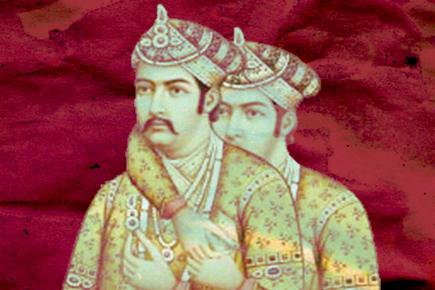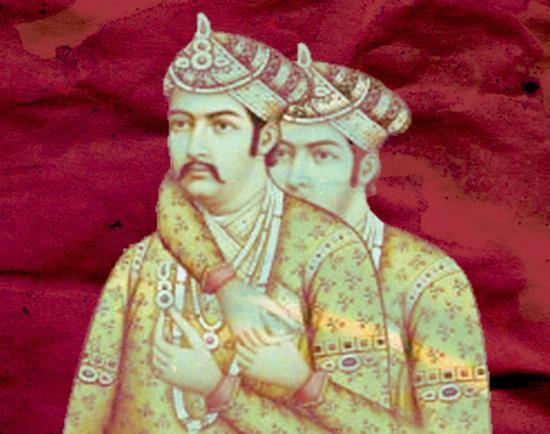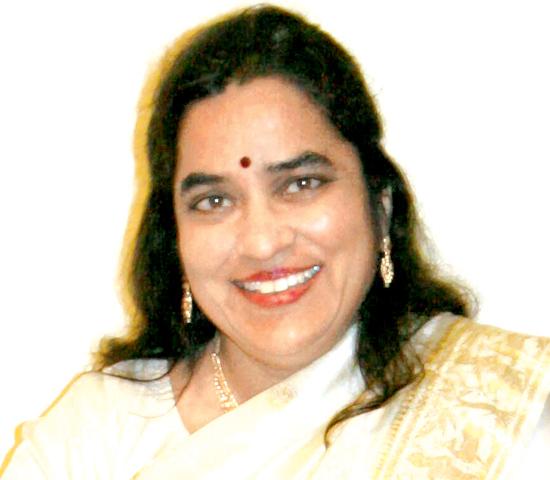From courtesans' high standing in pre-colonial Lucknow to literature on same-sex relationships in that period, Ruth Vanita will cover a range of subjects at her talk in Bandra on Monday

same sex romances
Ruth Vanita is an academic, activist and author who specialises in lesbian and gay studies, gender studies, British and South Asian literary history. Author of several books and literary translations, she has also published academic articles on Virginia Woolf, and Indian literature in journals including Shakespeare Survey and Studies in English Literature 1500-1900. Excerpts from an interview:

Vanita believes that this poetry depicts cross-sex romances and same-sex romances in the same tone
Q. What makes pre-colonial Lucknow an important time and space for research in exploring the subject of same-sex desires, especially with literature?
A. Pre-colonial Lucknow’s court culture was exceptional in the prominence women obtained, and the Nawabs’ patronage of the arts and crafts. The British were draining the state of Awadh’s exchequer, so the Nawabs preferred to spend money on patronising all arts and crafts, from music, dance, poetry to puppetry, juggling and theatre. Hundreds of women were employed at court in different capacities, and were very well paid. Women of the royal family exercised immense influence over the Nawabs. Courtesans, who were highly educated women, often poets, were treated as intellectual equals by many male poets. They were the only women in the highest tax brackets and owned considerable property. Same-sex love had always been openly written about in India. Male-male attraction is one of the themes of pre-colonial Urdu poetry in general, but the unique feature in pre-colonial Lakhnavi poetry is the depiction of female-female relationships as well. The most important thing about this poetry is that it depicts cross-sex romances and same-sex romances in the same tone, showing that all relationships face ups and downs, and all lovers, experience similar emotions. Unlike heavily Persian-ised Urdu poetry, this is written in simple, colloquial language, easily understandable even today, and was popular in its time.

Gender, Sex and the City: Urdu Rekhti Poetry in India 1780-1870
Q. How much of what has been written of same-sex relationships in that era remains relevant today?
A. A lot of it. This poetry depicts relationships of different kinds — flirtations, flings, committed monogamous couples, lovers in union, lovers in separation, and clandestine affairs. Actual locations in cities are mentioned as places where lovers meet, for example, the gardens around Qutb Saheb in Delhi and Qaisar Bagh in Lucknow. Couples (cross-sex and same-sex) meet in parks, just as they do today. They have secret trysts on rooftops, in gardens and in mohallas. They also go shopping together and enjoy dressing each other up. Same-sex couples can also share each other’s clothing. They pine when they are apart and write love letters to each other.

Ruth Vanita
Q. Does present-day Urdu poetry reflect influences from the pre-colonial era? Has the freedom of expression changed since then?
A. No. After 1857, when the British formally took over the administration, they reshaped law, education and culture. Educated Indians internalised a deep suspicion of erotic pleasure and art that celebrated such pleasure. Such poetry in all languages came under a cloud of social disapproval. Litterateurs believed that art should have an educative and moral value. It should not simply celebrate beauty, love and pleasure. Much of Lakhnavi poetry was irretrievably lost. Much of it disappeared into the depths of libraries. Recently, a Government of India-funded project has reissued all available Rekhti (poetry in women’s voices) in Urdu in three volumes. However, Rekhta (poetry in men’s voices, dealing with many subjects, including male-female and male-male romance) by these same poets, still remains largely unavailable.
On: Today, 6 pm to 8 pm at The Hive, Chuim Village Road, Bandra (W).
Call: 9820998790
Cost: Rs 300
 Subscribe today by clicking the link and stay updated with the latest news!" Click here!
Subscribe today by clicking the link and stay updated with the latest news!" Click here!









